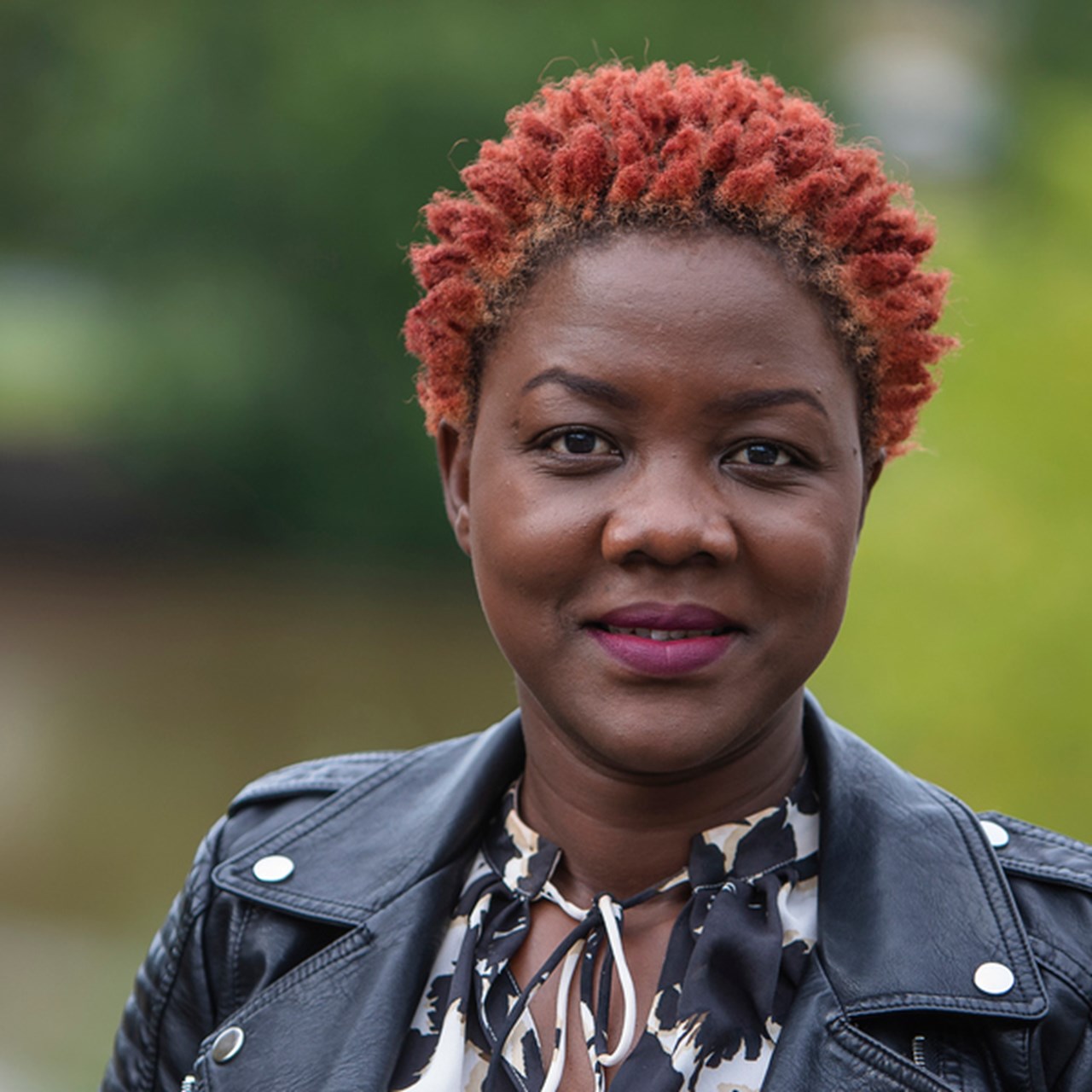About the public defence
Friday 19 September at 9.00 a.m., Cartrine Anyango, Department of Epidemiology and Global Health, will defend her doctoral thesis A bridge to safety – for whom? Intimate partner violence and formal support for women with disabilities in Sweden. Principal supervisor Fredinah Namatovu.


